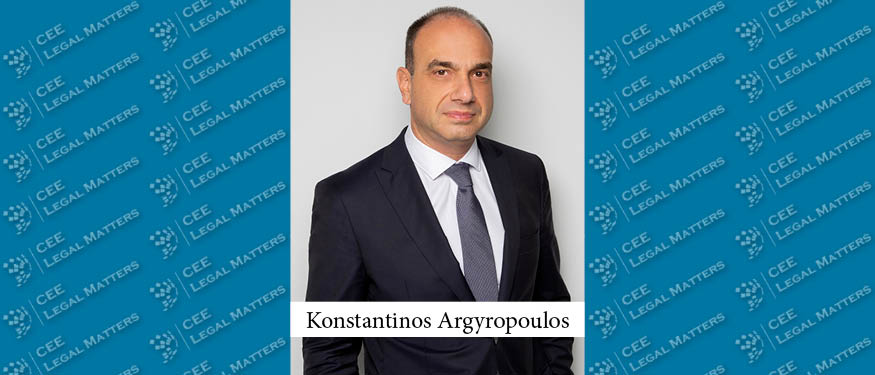With early elections scheduled for June 24, 2018, Begum Incecam, Partner at Kolcuoglu Demirkan Kocakli in Istanbul, says the attention which will inevitably be drawn to the political arena in Turkey will slow down the market.
After the coup d’état attempt in 2016, Incecam says, the recovery that began in 2017 was expected to continue in 2018 at the same pace. But with the announcement of snap elections, against the context of a state of emergency in the country that was just extended for the seventh time, she predicts “an imminent slowdown in the market, as both domestic and foreign investors will watch closely what happens in the political scene in Turkey.”
“Although these political and economic uncertainties have a short term effect, they are currently a challenge for the Turkish market,” Incecam says. In addition, there have been several significant changes in the country’s legislation recently as well, including, she reports, to the country’s tax laws, the Turkish Commercial Code, and foreign exchange rules. “The latest amendments made in several laws aim to improve the investment environment and boost the economy,” she says. Unfortunately, the number and frequency of changes is causing trouble for practitioners trying to stay up to speed.
Incecam also reports changes in Turkey's bankruptcy process. According to her, a change in the Enforcement and Bankruptcy Law introduced in February 2018, “aims to implement a tool balancing the interests of the debtors in poor financial standing and their creditors by replacing the postponement regime with concordat.”
“While concordat was available in the laws [before], we are not very used to the new tool we have now,” Incecam says. “Earlier, by postponement of bankruptcy, debtors would be immune from its creditors,” she says. “Reaching an agreement on a concordat, debtors will have the permission of the creditors,” allowing debtors to clear debts by paying them according to the concordat agreement. “In the postponement of bankruptcy, the creditors were not much involved in the process, and it would take a considerably longer time for them to reach their receivables."
Finally, Incecam says, what’s generating the most attention at the moment is the recently implemented rules on the Protection of Personal Data, that affect both companies and the law firms advising them on compliance. “Now is the time for companies to work on the implementation of the new rules,” she says, describing the process as “going smoothly.”

















